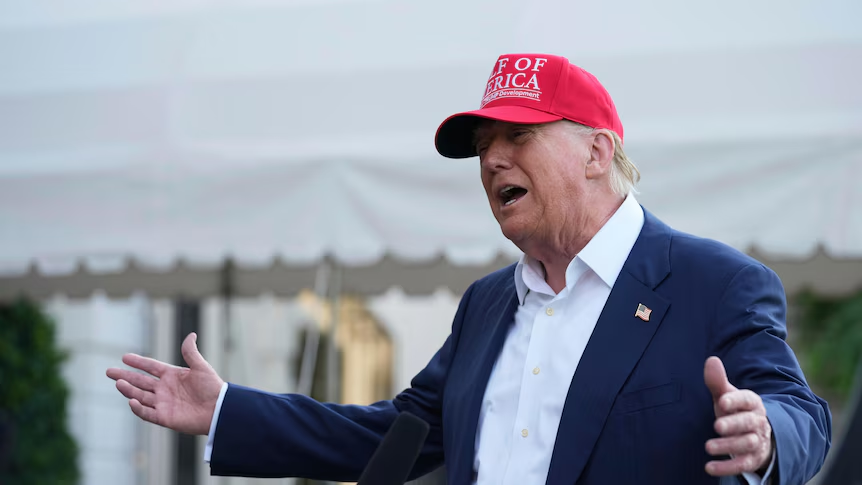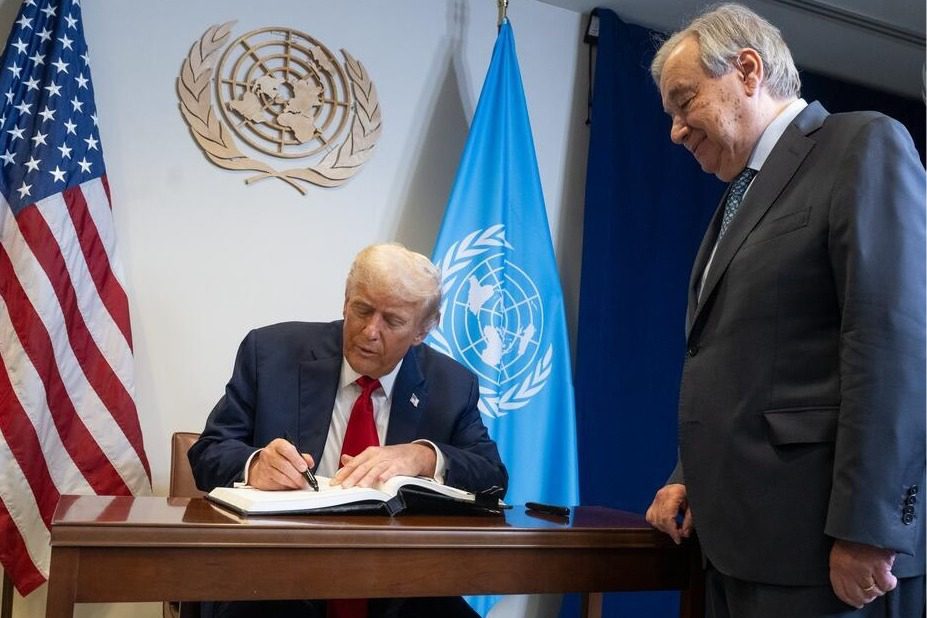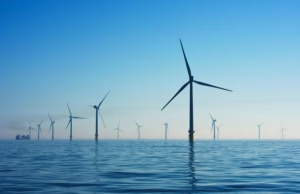Key Impact Points:
- Trump’s potential second term could reverse key climate policies, including withdrawing the U.S. from the Paris climate agreement.
- Experts warn of significant impacts on global climate diplomacy, with China poised to fill the leadership void.
- Domestic challenges to Trump’s plans include legal barriers and the resilience of Biden-era climate investments.
A Shift in U.S. Climate Policy
President-elect Donald Trump has pledged to withdraw the U.S. from the Paris climate agreement, marking a major shift in climate policy. He has called Biden’s Inflation Reduction Act (IRA) a “green new scam” and vowed to ramp up oil and gas production while easing environmental regulations.
Rachel Cleetus, climate and energy policy director at the Union of Concerned Scientists, warned that Trump’s administration could “take a wrecking ball to climate diplomacy.” This concern was echoed at COP29, where global delegates discussed navigating climate action without U.S. leadership.
“There will be a void for America’s geopolitical competitors to fill,” said John Morton, managing director at Pollination.
Domestic Barriers to Reversals
At home, dismantling Biden’s IRA could face resistance. Republican lawmakers, whose districts benefit from IRA investments, have shown reluctance to revoke subsidies. Darren Woods, CEO of Exxon Mobil Corp., acknowledged this at COP29, stating, “We think the IRA makes sense.”
Still, Trump’s administration could rewrite tax credit rules, reducing incentives for electric vehicles and loosening hydrogen production standards. Biden-era nuclear energy investments, however, are likely to remain due to bipartisan support.
Environmental Rollbacks Expected
Trump has promised to prioritize fossil fuels and ease restrictions on drilling. His likely pick for the Environmental Protection Agency, Lee Zeldin, signaled plans to undo stringent vehicle emissions standards and other climate regulations.
Zeldin stated, “We will restore U.S. energy dominance, revitalize our auto industry, and make the U.S. the global leader of AI.”
Efforts to redefine or dismantle the Department of Energy’s Loan Programs Office, which funds clean energy projects, may also resurface.
The Clean Energy Economy Endures
Despite potential setbacks, experts suggest the clean energy sector may withstand significant disruption. Joseph Shapiro, professor at UC Berkeley, noted: “Big picture, the U.S. energy transition may not be full steam ahead. But momentum will continue.”
Trump’s plans face legal and logistical hurdles, underscoring the complexity of dismantling established climate initiatives.
Related Article: Trump’s Impact on Sustainability Politics and Investments

 Follow SDG News on LinkedIn
Follow SDG News on LinkedIn











